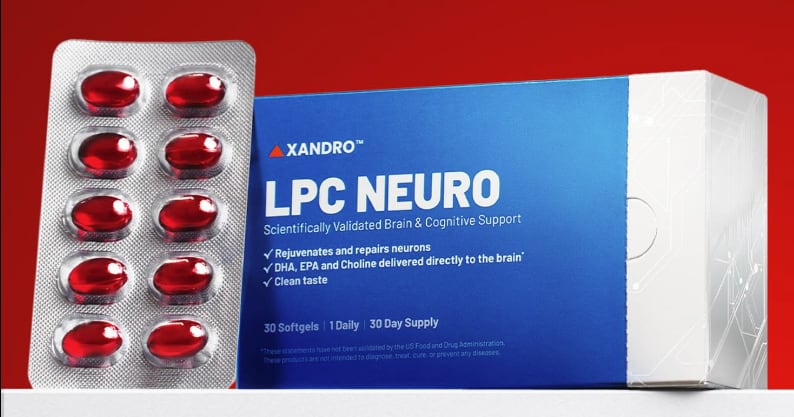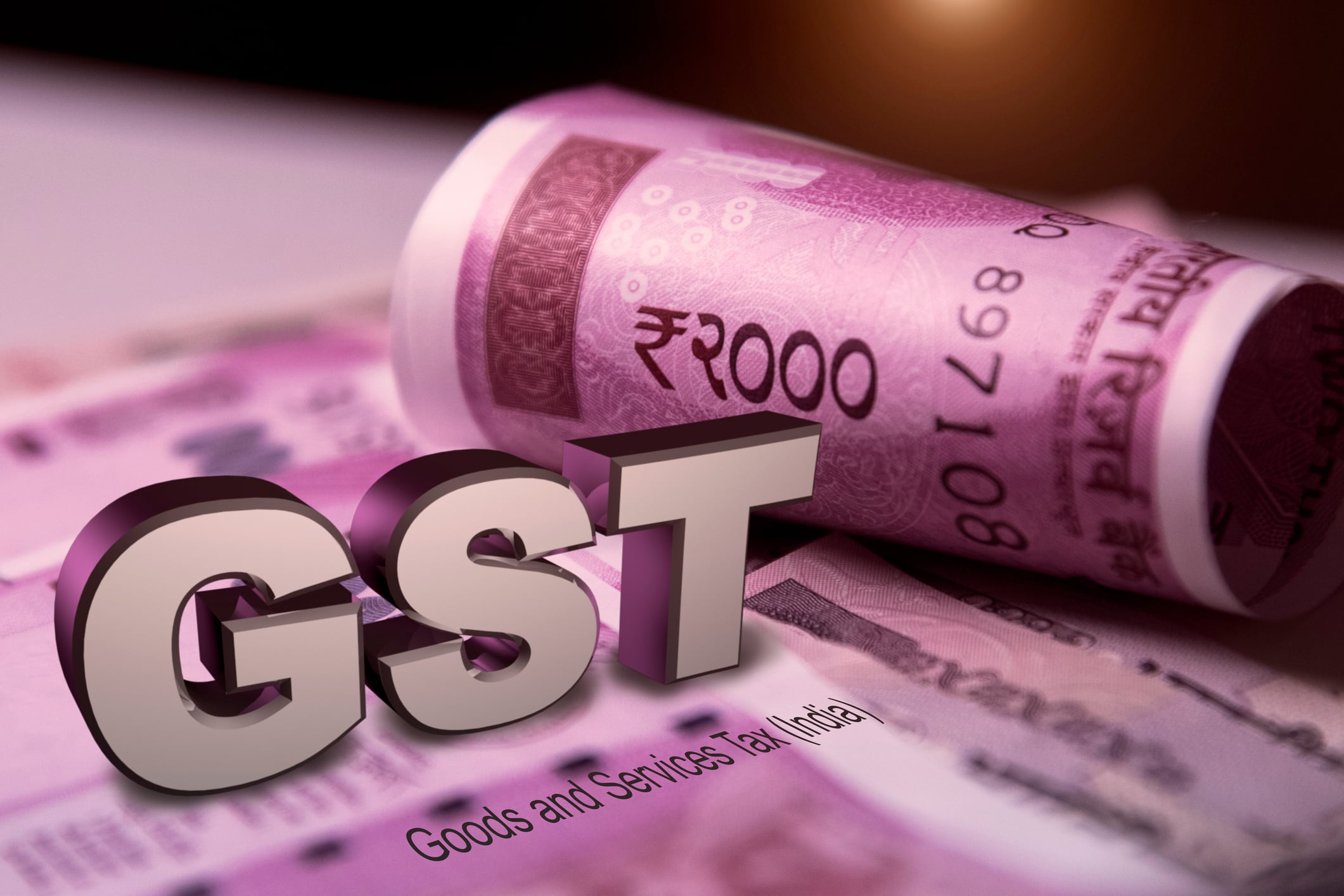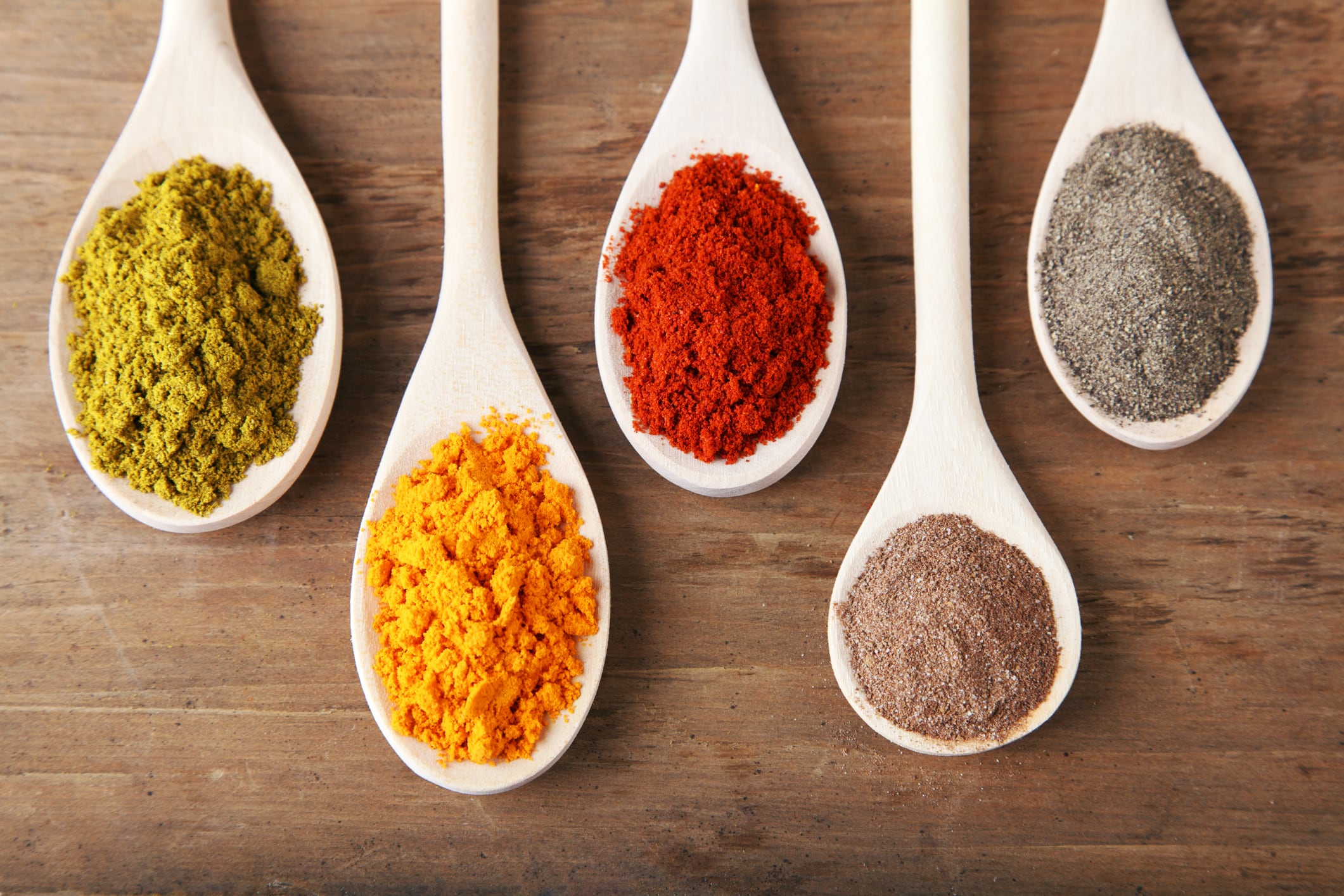Holista Colltech urges stronger voice among industry players amid counterfeit case
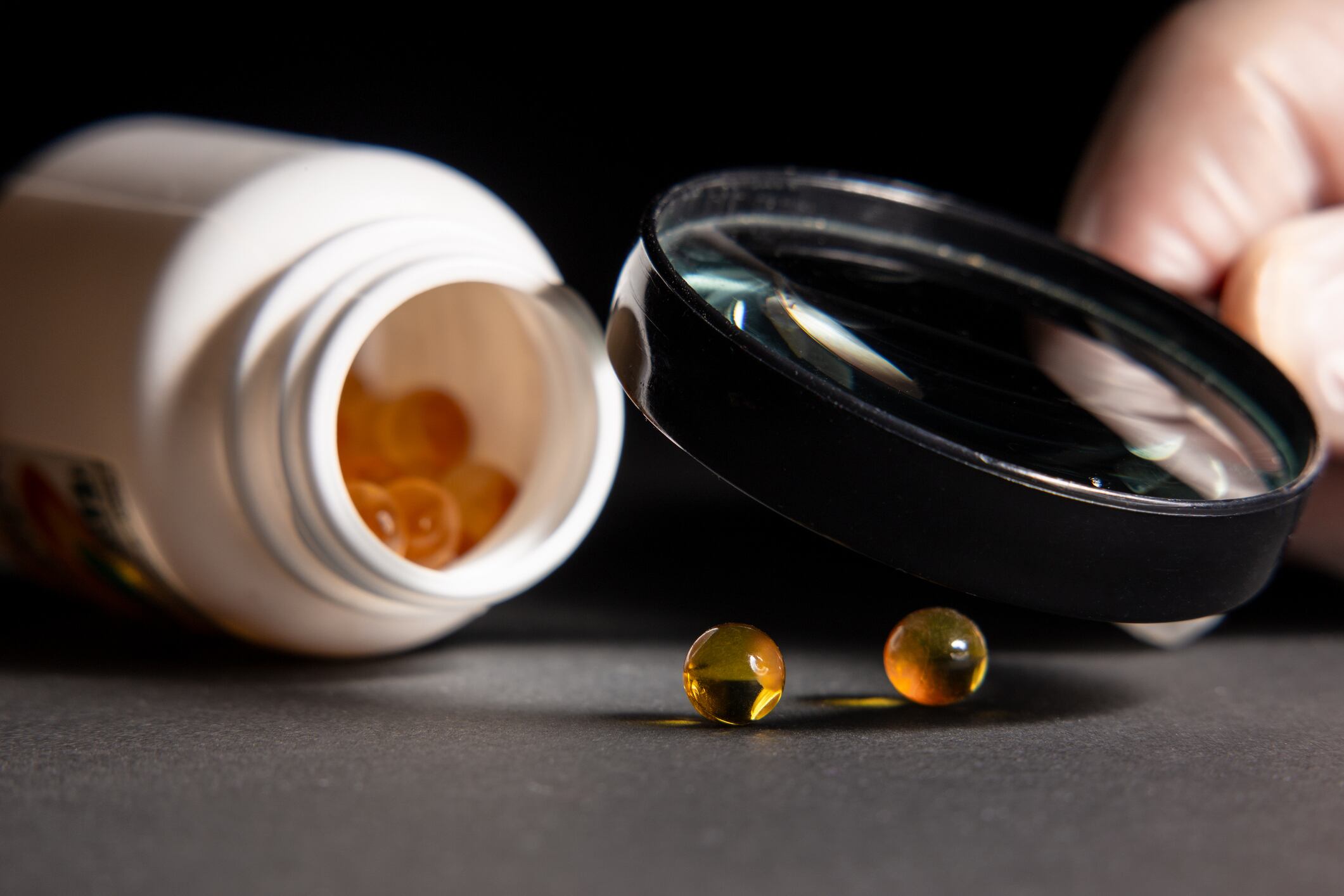
Malaysia-based Holista Colltech is urging industry stakeholders to have a stronger voice with regulatory authorities amid a counterfeit case involving its omega-3 supplements.
The supplements are sold under Holista’s two flagship brands, PRISTIN GOLD Omega-3 Fish Oil 1200mg Softgel and PRISTIN Omega-3 Fish Oil 1200mg, both of which are halal-certified.
The company was first alerted by a consumer who had purchased a product claiming to be PRISTIN’s on an e-commerce platform and felt that it was “very different and suspicious”.
Too little, too much: TGA finds content discrepancies in imported melatonin products
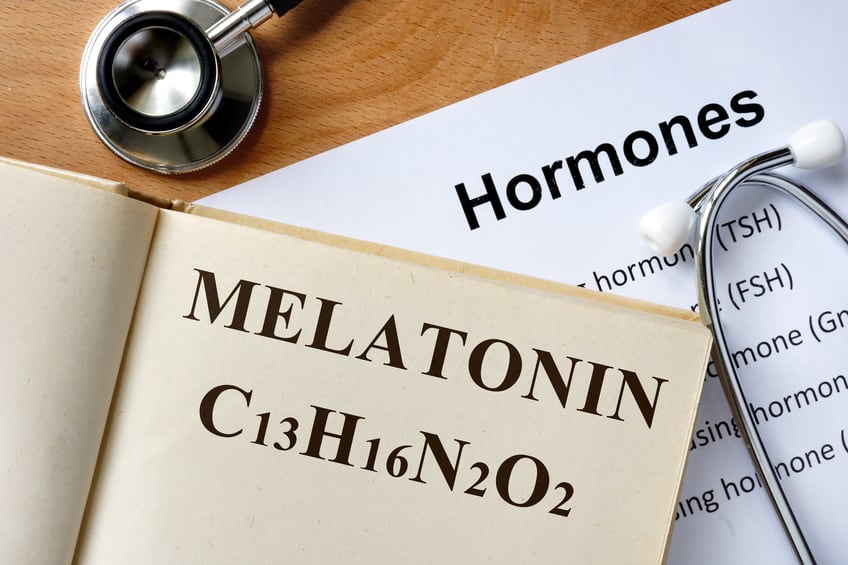
Several melatonin supplements imported into Australia were found to contain amounts that were either significantly higher or lower than the amount labeled, says the Therapeutic Goods Administration (TGA).
Eight out of 18 inspected had significantly higher amounts of melatonin, while three had significantly less than the amount labeled.
Most of these melatonin products came from US brands. One product contained no melatonin in any of the 10 units tested, when the label stated an amount of 10mg.
FDA declares NMN lawful in dietary supplements
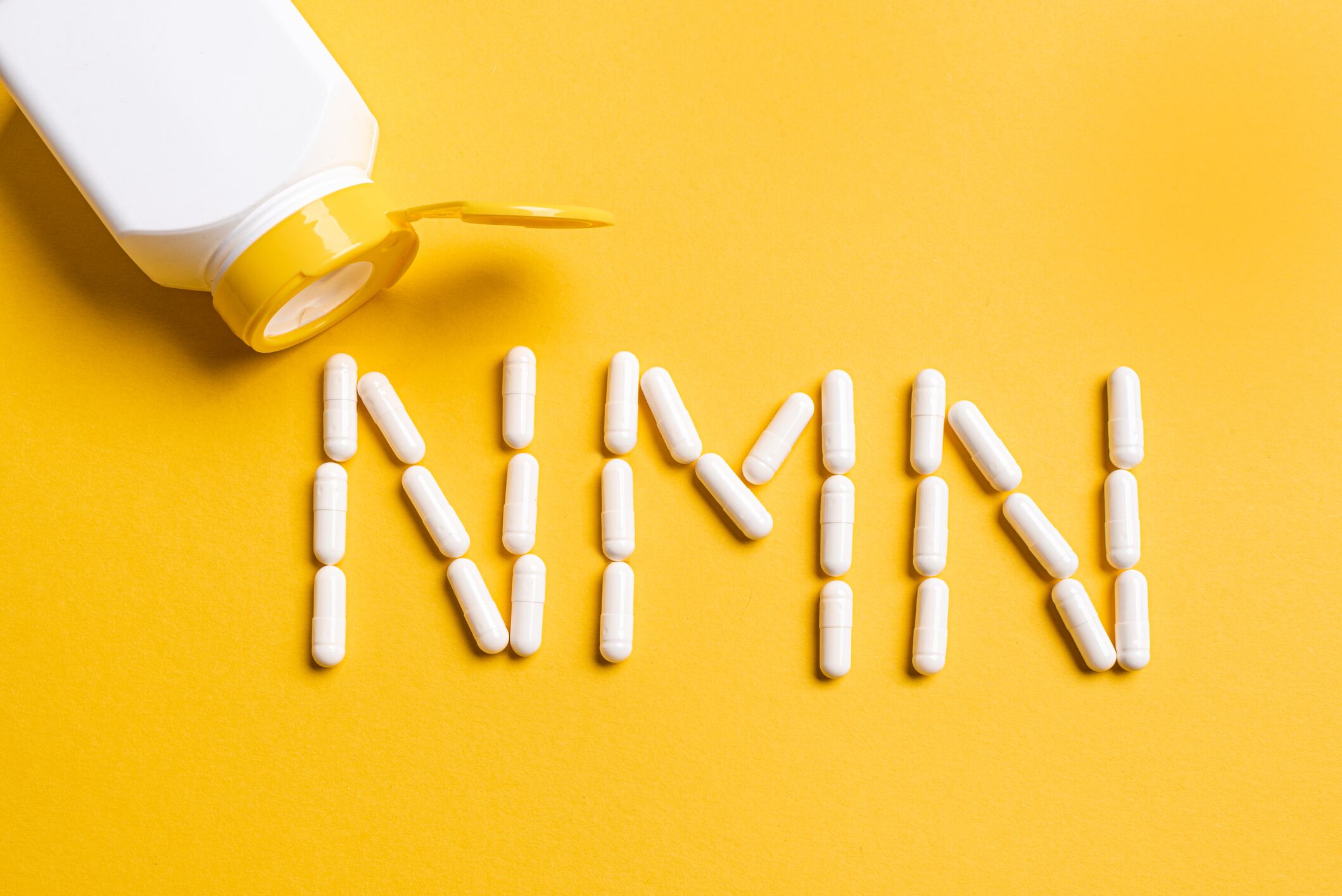
The US Food and Drug Administration (FDA) has responded to a Citizen Petition from the Natural Products Association (NPA) and the Alliance for Natural Health USA (ANH) on the status of NMN, declaring the vitamin B3 form to be lawful for use in dietary supplements.
In a letter signed by Donald Prater, DVM, principal deputy director for human foods, the FDA stated that it had revised its interpretation of the race-to-market clause (that an ingredient that is first a drug cannot then become a dietary ingredient).
The US FDA announced back in November 2022 that NMN is not allowed as a dietary ingredient because of its prior investigation as a drug.
Korea expands warnings on Garcinia cambogia products after additional hepatitis cases

South Korean authorities are adding more precaution statements to health functional foods containing Garcinia cambogia, following recent complaints of acute hepatitis.
The Ministry of Food and Drug Safety (MFDS) said Sep 23 that the warning “in rare cases, it may cause harm to the liver, and alcohol consumption should be avoided during intake” will be added to Garcinia cambogia products.
This is the second time that MFDS has implemented controls on Garcinia cambogia products in this year alone.
Australian industry body corrects nutraceutical misconceptions by local media
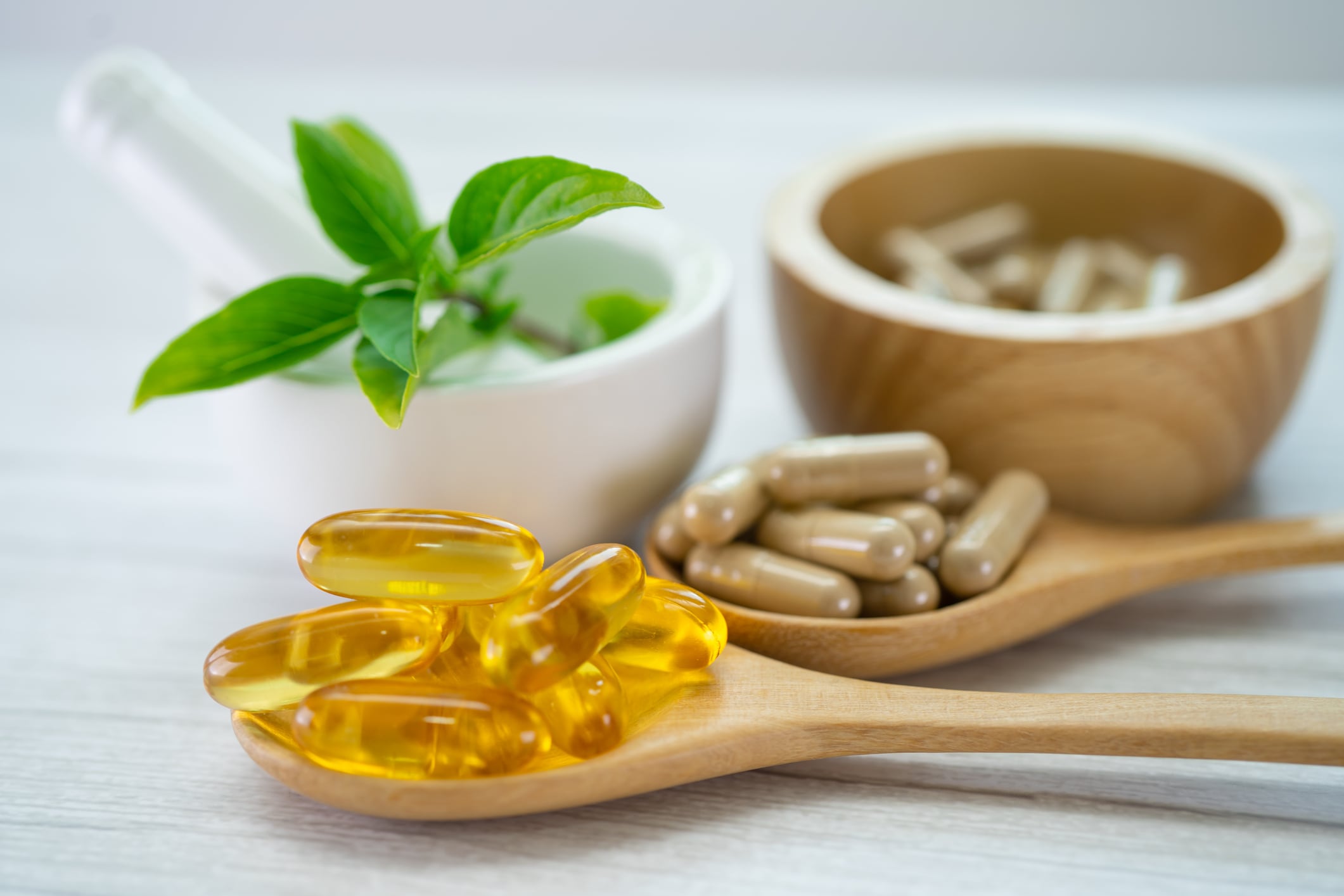
Complementary Medicines Australia (CMA) has published a statement addressing misconceptions and inaccurate information made by a local media regarding nutraceuticals.
The industry association said that a recent series of articles by The Sydney Morning Herald has made inaccurate statements and presented misconceptions on safety and quality of Australia-made vitamins and dietary supplements.
For instance, the articles referenced studies showing discrepancies between supplements and the product labeling - but the products listed in the studies were not Australian products, said CMA.



